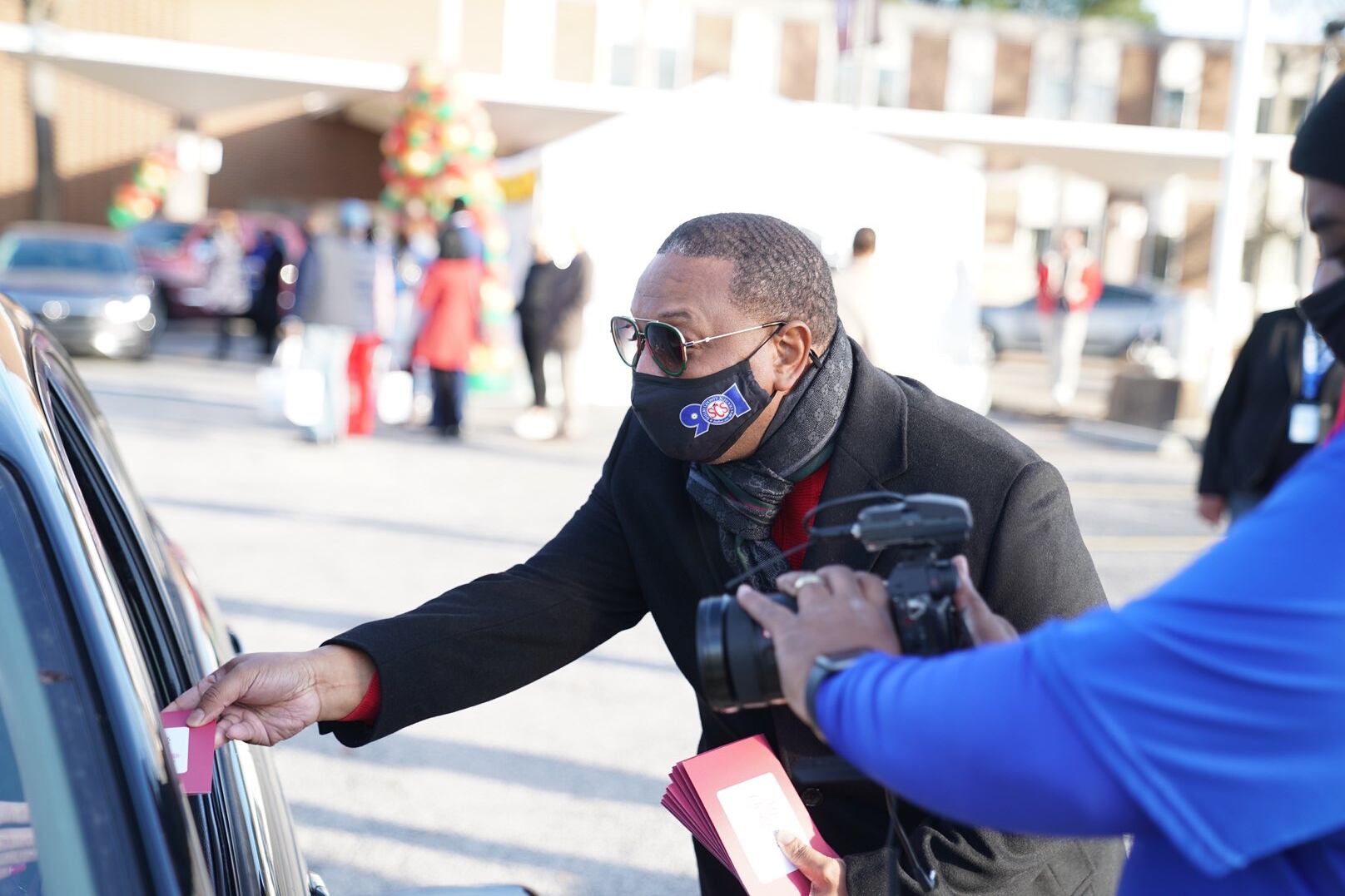Update, Jan. 13, 2021: Shelby County Schools is slated to receive $224 million from the latest federal coronavirus relief package, staff told school board members Wednesday evening. About $44 million would go to charter schools in the district. Private schools will apply to the state separate from the district’s funding. Board members expect to discuss spending priorities during the Feb. 20 budget meeting.
Shelby County Schools could use federal relief dollars to buy literacy kits, pay for summer school or improve ventilation in school buildings, the superintendent said.
Superintendent Joris Ray said in an interview that the district asked the county commission and state for funding, but federal dollars could be used for some items instead. No decisions have been made yet and the school board plans to begin discussions Wednesday.
District officials said they don’t know exactly how much money they will get from the latest federal relief package, but expect it to be about four times higher than last time, or about $190 million. That’s about 20% of the district’s annual operating budget of $1 billion. Some of the new federal money would go to private schools and charter schools.
Tennessee is expected to receive $1.1 billion in federal relief, with about $990 million going directly to local school districts. That’s more than four times the $260 million received in the first round of emergency funding.
Students in Shelby County Schools have been fully remote since the school year began in August. District officials shared in November that more students were learning below grade level compared to last year, especially in math. But the drop was not as bad as Memphis leaders feared early in the pandemic. The federal money is meant to help students recover academically and even accelerate student growth and ensure classrooms can safely reopen.
In an interview, Ray said this round of emergency funds could be used to help the district reopen classrooms, pay for literacy kits students can take home, fund a summer program for students who have fallen behind academically during the pandemic or improve school ventilation. Some of those items already were included in funding requests to the county commission and state. He emphasized that the federal money is for one-time costs and can’t be used for the district’s long-term goals, such as hiring teacher assistants for elementary classrooms to support students learning to read.
“I don’t want to get ahead of the board. But there are some things I do know we want to do. But also these dollars, they’re one-time dollars,” he said Thursday.
Another request the new federal money could fulfill is Ray’s proposal to spend $26 million on improving school building ventilation. He had asked the state in October for the money, but a district spokeswoman said the state held off on sending anything because state officials expected Congress to approve more federal relief.
The Centers for Disease Control and Prevention recommends stronger air filtration than what many school buildings have to reduce the chance of virus droplets from an infected person spreading to others. Under Ray’s plan, the district’s maintenance staff would install a ventilation technology known as needlepoint bipolar ionization that manufacturers claim can stop novel coronavirus particles from re-entering air that circulates in a room. National engineering experts have called for independent research on the technology before recommending it for use in schools.
The technology can be installed in the district’s existing heating, ventilation, and air conditioning (HVAC) systems and would eliminate the need for more comprehensive upgrades to improve air quality that district officials say would be more expensive.
As of the end of October, the Memphis district had spent $15 million of its nearly $49 million in federal relief money from the first round on laptops and tablets for students, masks, hand sanitizer, signs to encourage social distancing, and staff overtime pay to help students catch up academically during fall and spring breaks. Chalkbeat filed an open records request last week for updated spending, but has not yet received a response.
The district’s finance chief, Toni Williams, plans to update school board members during Wednesday’s budget committee meeting on the use of federal relief money since April as well as the new funds.
Chalkbeat senior statehouse correspondent Marta W. Aldrich contributed to this story.








